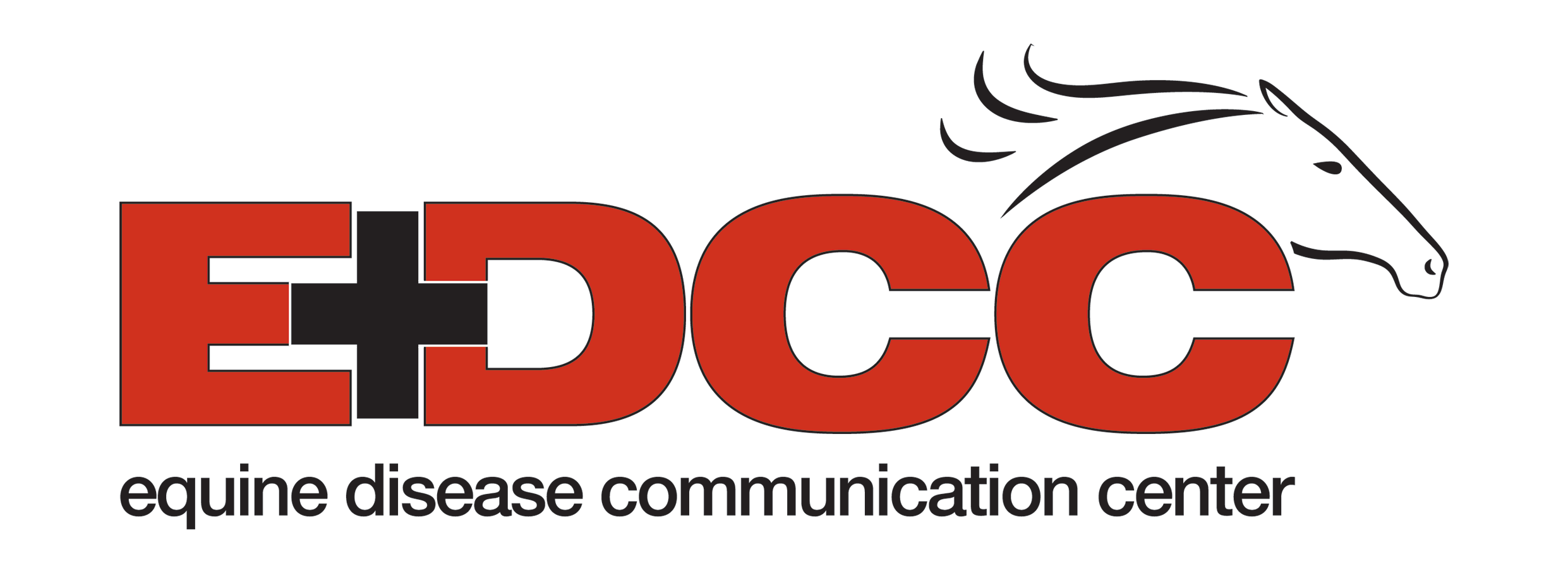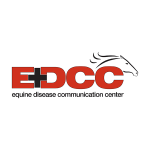Updates from Equine Disease Communication Center on EHV and EHM Outbreak in Oklahoma.

November 19, 2:03 PM CT: Two positive cases of Equine Herpesvirus Myeloencephalopathy have caused the cancellation of the remainder of the Barrel Futurities of America (BFA) World Championship. The event was scheduled to run Nov. 17-22 at Lazy E Arena in Guthrie, OK.
The event cancellation comes after the Oklahoma Department of Agriculture, Food and Forestry confirmed two cases of the neurologic form of EHV-1, Equine Herpesvirus Myeloencephalopathy. Both of those horses traveled to Oklahoma from Waco, Texas after participating in the Women’s Professional Rodeo Association (WPRA) event Nov. 5-9.
The Oklahoma Department of Agriculture, Food, and Forestry is concerned that some of the same horses from the WPRA could have traveled to Oklahoma for the BFA World Championship. The Oklahoma state veterinarian’s office is recommending any horse that was present at the Lazy-E or at the WPRA to be isolated for 14 days upon returning home, mandatory performing and recording twice daily temperature checks to check for spikes of 101.5 or higher and increased biosecurity measures around their home premises.
EHM is a neurologic syndrome caused from the EHV-1 virus. While EHV-1 is common in equine populations, the neurologic form of the disease is rare. EHV-1 is spread from horse to horse through contact with nasal discharge or inhalation of aerosolized respiratory droplets. Horses can contract the virus by encountering contaminated surfaces such as stalls, water, feed, tack, and transport vehicles. Humans can spread the virus from horse to horse through contaminated hands, clothing, and equipment. Proper biosecurity measures include extensive disinfection of surfaces and equipment.
Horses can shed the virus during the two-to10-day incubation period before developing clinical signs. EHM is a life-threatening condition. Owners that have horses that may have been exposed to horses at the WPRA in Waco, Texas should contact their veterinarian.
The EDCC will post more information on our Facebook page https://www.facebook.com/EquineDiseaseCC and website https://equinediseasecc.org as it becomes available.
To learn more about EHM, including signs, diagnosis, treatment, and prevention, please visit: https://equinediseasecc.org/equine-herpesvirus








